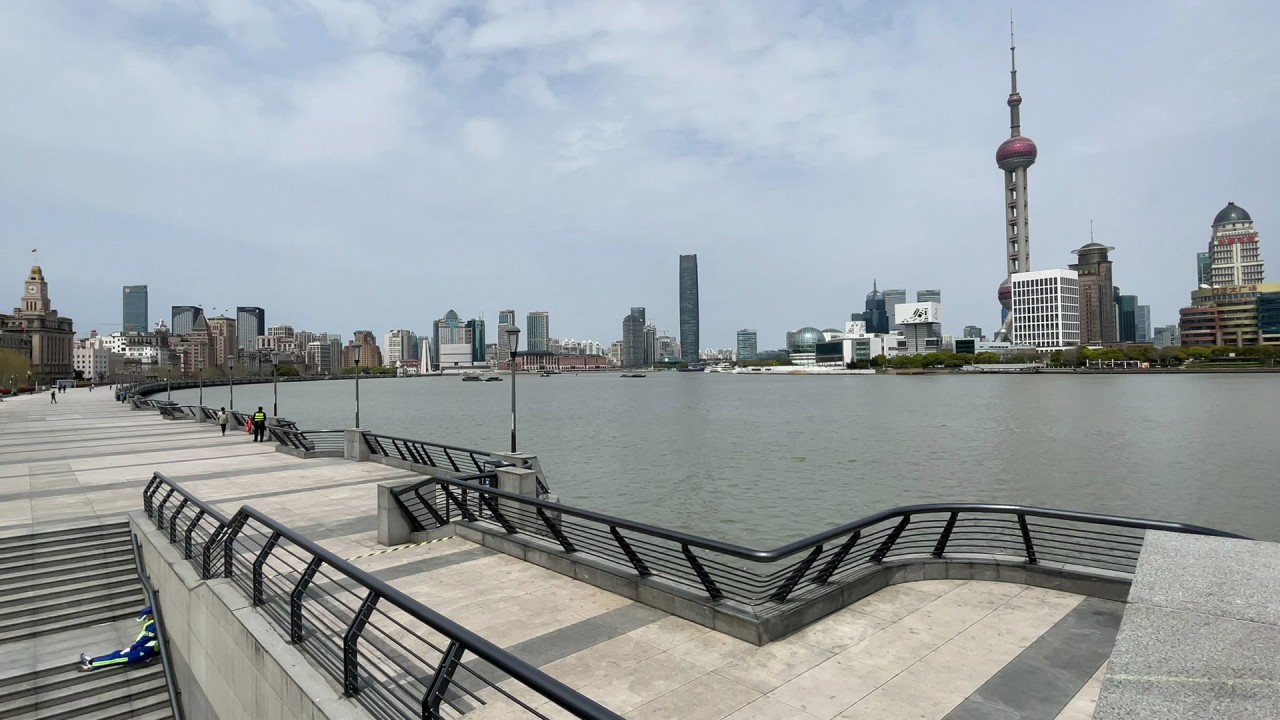
Shanghai offers 140-billion yuan lifeline in tax rebates, rent exemptions and financial subsidies to help businesses survive city’s phased lockdown
- Shanghai’s authorities offered 140 billion yuan in tax rebates, cut a range of fees, and exempted certain designated companies from paying rent for three months
- The government also instructed banks to offer low-interest bridging loans to help companies whose businesses were hurt by the city’s lockdown.
Local authorities offered 140 billion yuan (US$22 billion) in tax incentives, cut a range of fees, and exempted certain designated companies from paying rent for three months, according to an online press briefing on Tuesday.. The government said it would cut its value-added tax (VAT) and corporate income tax.
The government also instructed banks to offer low-interest bridging loans to help companies whose businesses were hurt by the city’s lockdown.
“The package of incentives is strong, [and is aimed at helping] troubled businesses keep jobs,” said Ruan Qing, the deputy director of the Shanghai Development and Reform Commission during the press briefing. “We take an open attitude towards policymaking, and will adjust our policies to better cater to the demands of the virus-hit companies.”

Shanghai has reported nearly 20,000 Covid-19 infections since March 1, raking up more cases in four weeks than the past two years of the pandemic, putting its much-lauded containment strategy at risk.
Most of the reported cases had been asymptomatic, but local authorities took no chances since the latest outbreaks were caused by the highly transmissible Omicron variant. An out-of-control disease could foil this year’s 5.5 per cent economic growth pace, which is already expected to be slower than last year’s 8.1 per cent clip.

Authorities unexpectedly locked down the Pudong area on the eastern bank of the Huangpu River on Sunday, ordering 5.7 million residents to stay at home until April 1 to undergo tests for Omicron. The quarantines will extend to Puxi on the river’s western bank from April 1 through 5, in a rolling lockdown that will eventually screen all 25 million people in one of China’s largest population centres.
State-owned property developers must exempt small tenants – usually defined as those that pay less than 300,000 yuan in annual taxes – from paying rent for three months, the government said.
“Thousands of small businesses from workshops to restaurants and grocery stores are in a do-or-die situation, as the Covid-19 pandemic continues,” said Eric Han, senior manager at the Shanghai-based business advisory firm Suolei. “The package of economic aid offered to small businesses appears to be insufficient to bail out many of them.”
Shanghai’s lockdown will lead to a contraction in retail spending in March and shrink the services industry, the Swiss private bank UBP said, underscoring the urgency for the Chinese central bank to cut borrowing costs to sustain growth.
“We expect [China’s central bank] to follow through with an additional 10 basis-point rate cut in April, once the dust settles and they have updated inflation projections in the aftermath of the Ukraine [war],” UBP said in a report, adding that the reserve requirement ratio may also be cut by between 50 and 100 basis points in the second quarter.
The Swiss bank also predicts that China may loosen its zero-Covid strategy, as constant lockdowns and restrictions undermine Beijing’s goal to become a “high-income” status economy before 2025.
Approvals of drugs that treat early onset symptoms such as Pfizer’s oral pills are signs that Beijing is taking a more pragmatic approach to containing the pandemic and is moving towards re-openings, albeit very gradually, it said.



